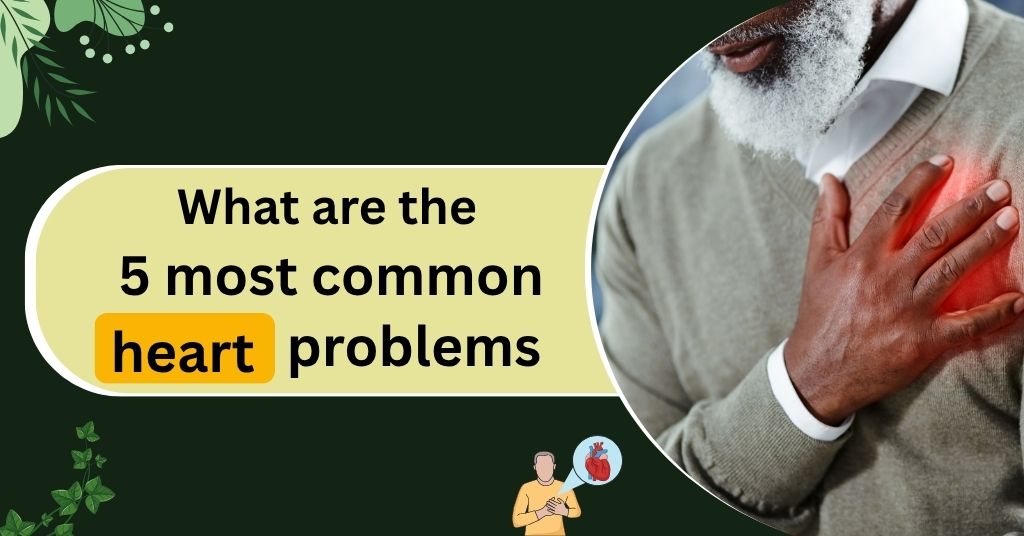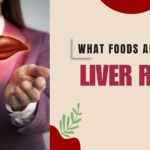What is Heart Disease?
Heart disease encompasses a range of conditions that can impact your heart. People generally associate heart illness with its most prevalent form, coronary artery disease (CAD), and the potential for heart attacks it might induce. However, you might also experience issues with your heart’s electrical system, valves, or cardiac muscle.
The heart struggles to supply your body with adequate blood, oxygen, and nutrition when it isn’t functioning properly. In a certain way, the heart provides the fuel and energy that maintains your body’s systems functioning. And if there is an issue with the fuel delivery, it impacts all of the systems in your body.
Depending on the particular type of heart illness and its severity, heart disease symptoms might vary significantly. Ankle or leg swelling, fatigue, shortness of breath, chest pain, and irregular heartbeats are a few common warning signs of heart disease. A cardiac condition may also be diagnosed through other symptoms, such as lightheadedness, nausea, dizziness, or cold sweats.
What Are The 5 Most Common Heart Problems
Heart Attack
A myocardial infarction, often known as a heart attack, is a very serious illness that occurs when there is insufficient blood supply to certain parts of the heart muscle. A blockage in one or more of your heart’s arteries is typically the reason for this lack of blood flow; however, other possible causes also exist.
The damaged heart muscle will start to collapse without a blood supply. If blood flow is not restored promptly, a heart attack may lead to death or irreversible cardiac damage. A heart attack is a potentially fatal situation. Contact a cardiologist immediately if you or someone you know is having a heart attack. Even a few minutes of delay can cause death or irreversible heart damage.
Arrhythmias
An irregular heartbeat is called an arrhythmia, sometimes known as a dysrhythmia. Arrhythmias can be too rapid, too slow, or just irregular, and they can begin in many locations throughout your heart. The heart beats in a rhythmical, well-coordinated manner normally. The heart’s regular rhythm may be impacted by problems with different cardiac components or even the blood your heart pumps. Because your heart pumps blood that carries nutrients and oxygen throughout your body, it is important that your heart beats regularly. Not all types of arrhythmia are serious and require treatment. The serious ones may also lead to cardiac arrest. Therefore, an expert cardiologist is required to be consulted in order to understand the type of arrhythmia.
Heart Valve
The term “heart valve disease” covers a number of disorders that affect the function of one or more of your heart’s valves. If heart valve dysfunction is not treated, it can lower blood flow while forcing your heart to work harder. If left untreated, heart valve dysfunction might become fatal. The heart’s four valves(Mitral, Tricuspid, Aortic, Pulmonary) ensure that blood only flows through them in one direction. Each valves are made up of tiny tissue flaps called leaflets that open during half of each heartbeat to let blood flow through your heart. These leaflets close during the other half of your heartbeat to stop blood from flowing backward.
Congenital Heart Disease(CHD)
Congenital heart disease (CHD) refers to structural abnormalities of the heart that are present from birth. The conditions, which disrupt normal blood flow, might involve: a defect in the wall of the heart, complications with your blood vessels (such as having too many or too few, blood flowing too slowly, or not reaching the correct destination or flowing in the wrong direction), and issues with the heart valves that regulate blood flow. While a few of the CHD cases do not cause symptoms, certain others can be life-threatening and require urgent medical intervention.
Peripheral Artery Disease(PAD)
PAD refers to the plaque build-up in the arteries and narrowing of the peripheral arteries. These peripheral arteries carry blood from the heart to other parts of the body. Lower-extremity PAD is the most common type, wherein the blood flow is reduced to the legs and feet, which narrows or blocks the arteries. Upper extremity PAD narrows the arteries in the arms, hands, and fingers, affecting the blood flow. Although a less common type, it affects 10% of the population. Peripheral artery disease (PAD) and coronary artery disease both stem from atherosclerosis. Atherosclerosis refers to the accumulation of fatty deposits in the arteries. Atherosclerosis can lead to narrowing or obstruction in various parts of the body, including the heart, brain, arms, legs, pelvis, kidneys, and other organs.
Homeopathic Treatment
Through its comprehensive treatment approach, homeopathy aims to treat the person as a whole, not just the disease-related symptoms. Homeopathy considers your physical, emotional, and mental well-being and offers a holistic view in addressing the root cause of the illness. Homeopathic natural remedies for heart health are designed to suit the individual needs and symptoms. A homeopath carefully understands the patient’s condition thoroughly while working towards devising a treatment schedule. Additionally, the homeopathic school of medicine utilizes the natural substances in highly diluted forms, which ultimately reduces the side effects, making it safe for everyone.
To experience the benefits of homeopathy and receive individualized treatment that meets your specific requirements, seek the expertise of the team of the Best Homeopathy Doctor in India, at Bharat Homeopathy. Book your appointment today and begin your journey towards comprehensive wellness and improved overall health.


